5 Pakistanis who made a name in sci-tech in 2020
These Pakistanis excelled in their fields, ranging from gaming to cell-biology
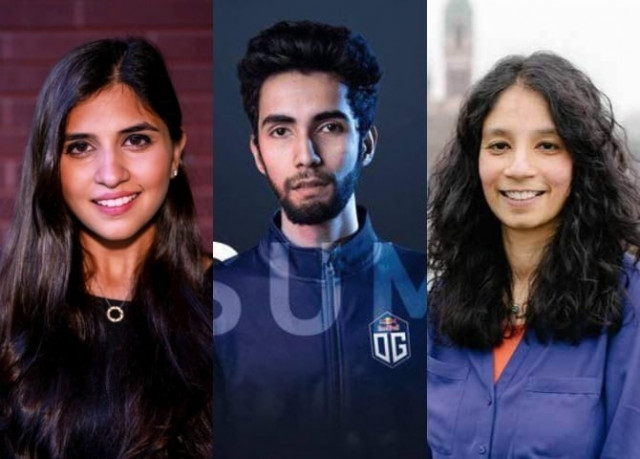
Tech has gradually become one of life's necessities, be it for businesses, industries, offices or the home.This year science, technology, and innovation played an even more important role as governments raced to find a vaccine and treatments for Covid-19. Individuals and organisations came forward to find innovative solutions. We bring to you a list of Pakistani scientist and researchers from around the world that pulled off an impressive performance in 2020.
Shazia Sadiq
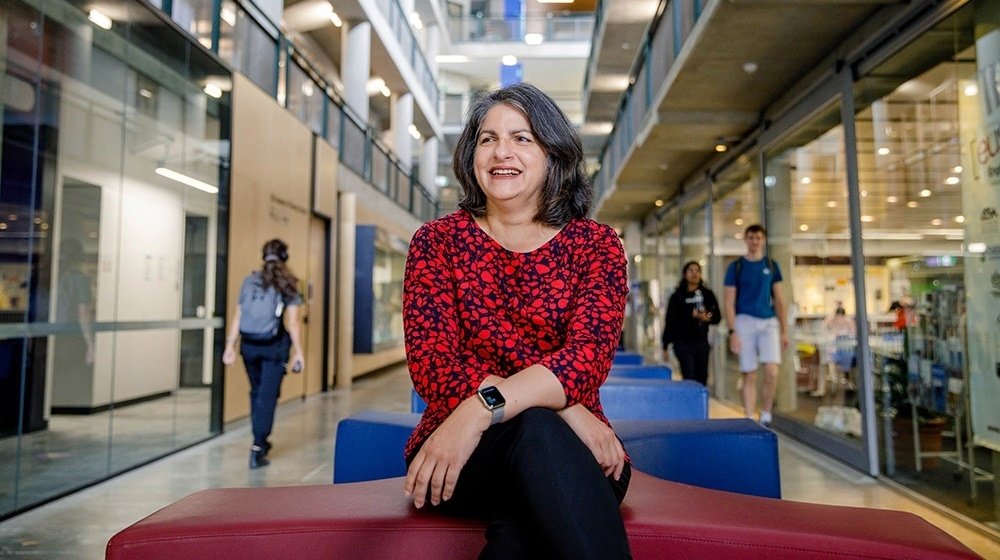
Professor Shazia Sadiq has been selected by the Australian Academy of Technology and Engineering (ATSE) to be a part of its advanced STEM research team.
Congratulations to Shazia Sadiq - Pakistan's computer scientist for getting recognized by the Australian Academy of Technology and Engineering (ATSE) for her innovative STEM research. Truly making the entire country proud of her. Well-done Shazia!!! @GdNewsPakistan pic.twitter.com/bIzwVu1gYA
— Faisal Javed Khan (@FaisalJavedKhan) December 8, 2020
A data engineer by profession, Sadiq developed an effective solution for Business Information Systems to process information that would help in business process management, governance, risk, and compliance data.
She is currently working in the School of Information Technology and Electrical Engineering at The University of Queensland, Brisbane, Australia. Sadiq is also is part of the Data and Knowledge Engineering Research Group.
"I am passionate about the positive impact emerging technologies from data science, machine learning, and artificial intelligence can have on our future. I advocate responsible and ethical technology developments and believe strongly that these developments require trans-disciplinary collaborations between research, industry, government, and community," says Sadiq.
In 1989, she completed her MSc in computer science from Quaid-i-Azam University, Islamabad, and was amongst the few women to undertake studies in a computer science program in the late 80s. Sadiq has partaken in educational activities to support women in computer science and technology for over two decades.
Adobe's chief product officer predicts 8 tech trends of 2021
She is a recipient of a number of awards including 10 Year Test of Time influential research award, 2017; Premier's Award for best use of open data (Team Award), 2014; Women in Technology Distinguished Research Award, 2013; UQ Award for Teaching Excellence, 2013 and several best paper awards at international conferences.
Asifa Akhtar
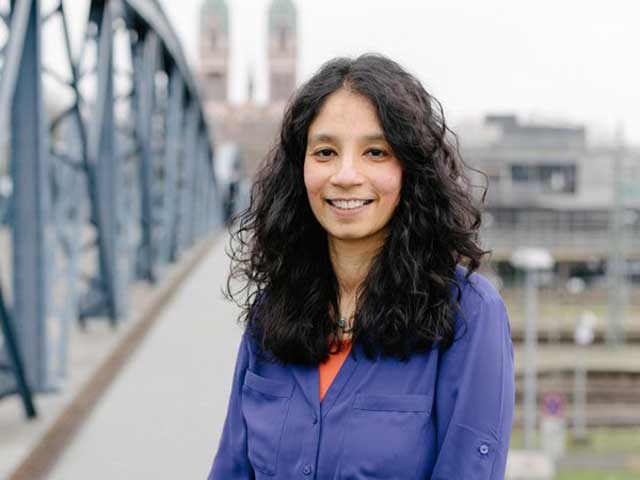
Pakistan-born scientist Dr Asifa Akhtar has been selected as a recipient for the prestigious 2021 Leibniz Prize by the German Research Foundation (DFG) for her outstanding work in cell-biology on mechanisms of epigenetic gene regulation.
Along with being recognized on the international platform, she will be receiving a research prize of 2.5 million Euros.
Very excited that two @maxplanckpress scientists are among the 2021 #LeibnizPreis recipients: our Vice President Asifa Akthar, MPI of Immunobiology & Epigenetics @AsifaAkhtar1 @mpi_ie & Volker Springel, MPI for Astrophysics. Congratulations!🥳😀https://t.co/DMlzwXASxf @dfg_public pic.twitter.com/6IPKy6gtqd
— Max Planck Society (@maxplanckpress) December 10, 2020
"Science is a beautiful example of integration because you have people from all over the world exchanging knowledge beyond boundaries, cultures, or prejudice," says Akthar.
Born in Karachi, Akhtar obtained her doctorate at the Imperial Cancer Research Fund in London, UK, in 1997 before moving to Germany where she was a Postdoctoral fellow at the European Molecular Biology Laboratory (EMBL) in Heidelberg and the Adolf-Butenandt-Institute in Munich from 1998 to 2001.
She was awarded the Early Career European Life Science Organisation Award in 2008, EMBO membership in 2013, and the Feldberg Prize in 2017. She was also elected as a member of the National Academy of Science Leopoldina in 2019.
Dr Naqeeb Khalid
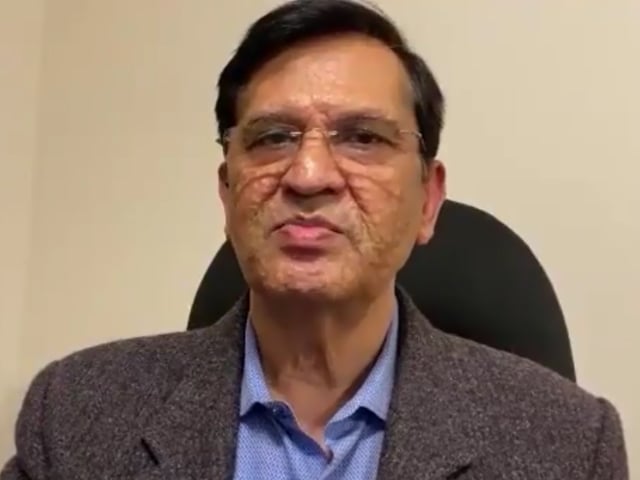
Dr Naqeeb Khalid is a Toronto-based Pakistani doctor who has introduced an instant Covid-19 diagnostic test using a smartphone, according to Radio Pakistan.
In 1983, Khalid graduated from King Edward Medical University, he later went on to specialise in the invention of medical devices and systems.
In a conversation with High Commissioner for Pakistan to Canada Raza Bashir Tarar, Khalid explained that his innovation is based on a digital platform that displays the result instantly on any smartphone and can also communicate or store the results along with time and GPS information.
"Together with vaccines, we can control the Covid-19 outbreak and return our lives and economies to normal," says Khalid.
Dr Naqeeb Khalid told the High Commissioner that his innovation is based on a digital platform that displays the result instantly on any smartphone and can also communicate the results @MoIB_Official @Asad_Umar @PTIofficial @fslsltn https://t.co/KSRJng2D5f pic.twitter.com/bDofJ4lig3
— Radio Pakistan (@RadioPakistan) December 13, 2020
The main goal is to create an easy, affordable, and accessible invention that would benefit humanity in overcoming the current pandemic and in the future fight viruses causing tropical diseases such as dengue.
PTA issues notices to Google, Wikipedia over sacrilegious content
A smartphone application would soon be available to download from the AppStore.
Sanaa Khan
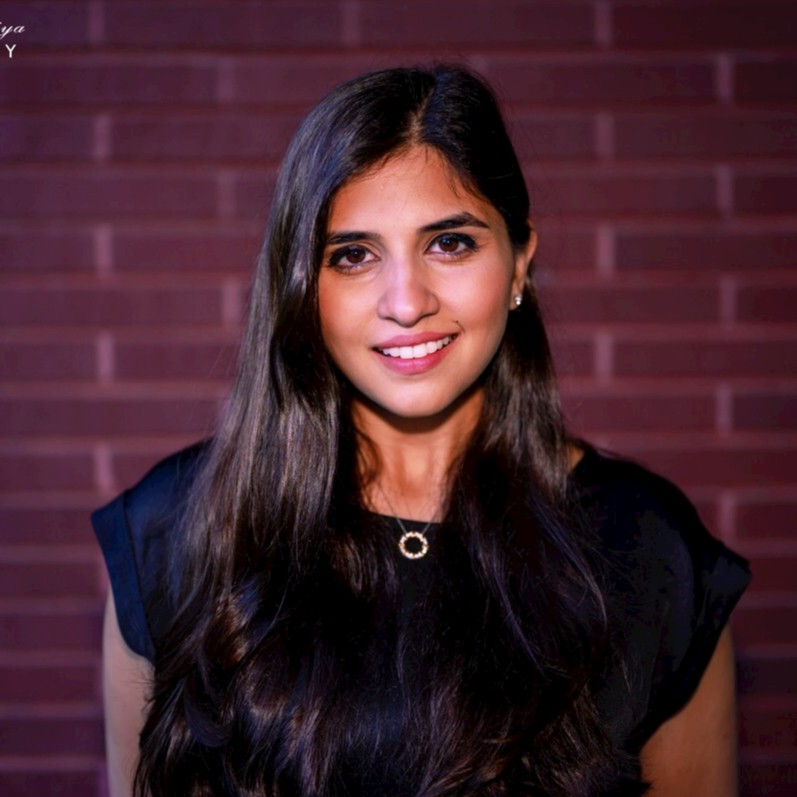
The 29-year-old is a programme manager at Google, where she supervises the market strategy and hardware planning for the company's gaming service Stadia.
Khan also made it to the Forbes 30 under 30 list under the category for games. She led initiatives such as 'Stadia's Free Play' Days, enacted during the pandemic for financially constrained gamers, and drives a scholarship programme for women developers.
Sumail Hassan Syed

In February, 20-year-old Sumail Hassan Syed was listed as one of the top-earning esports players with around $3.6 million earnings to date.
Hassan made history in 2015 when he helped his team, Evil Geniuses’, claim the Defense of the Ancient 2 (Dota 2) Asian championship in China.
“The gaming industry was very big and my individual performance was very good so I knew I could do it. I just needed a boost in the form of a team picking me up and once that happened it was all good,” Syed told VPEsports.
Sumail first started playing Dota when he was eight years old. When his family moved from Pakistan to Rosemont, Illinois in 2012 he began playing in the North American Elite League. It is there where he was picked up by one of the biggest e-sports team, the Evil Geniuses.
He is also the youngest gamer to surpass the $1 million (£769,000) in earnings, Hassan is one of the most sought after players on the gaming block with been featured in Time Magazine’s top 30 influential teenagers of 2016.


















COMMENTS
Comments are moderated and generally will be posted if they are on-topic and not abusive.
For more information, please see our Comments FAQ